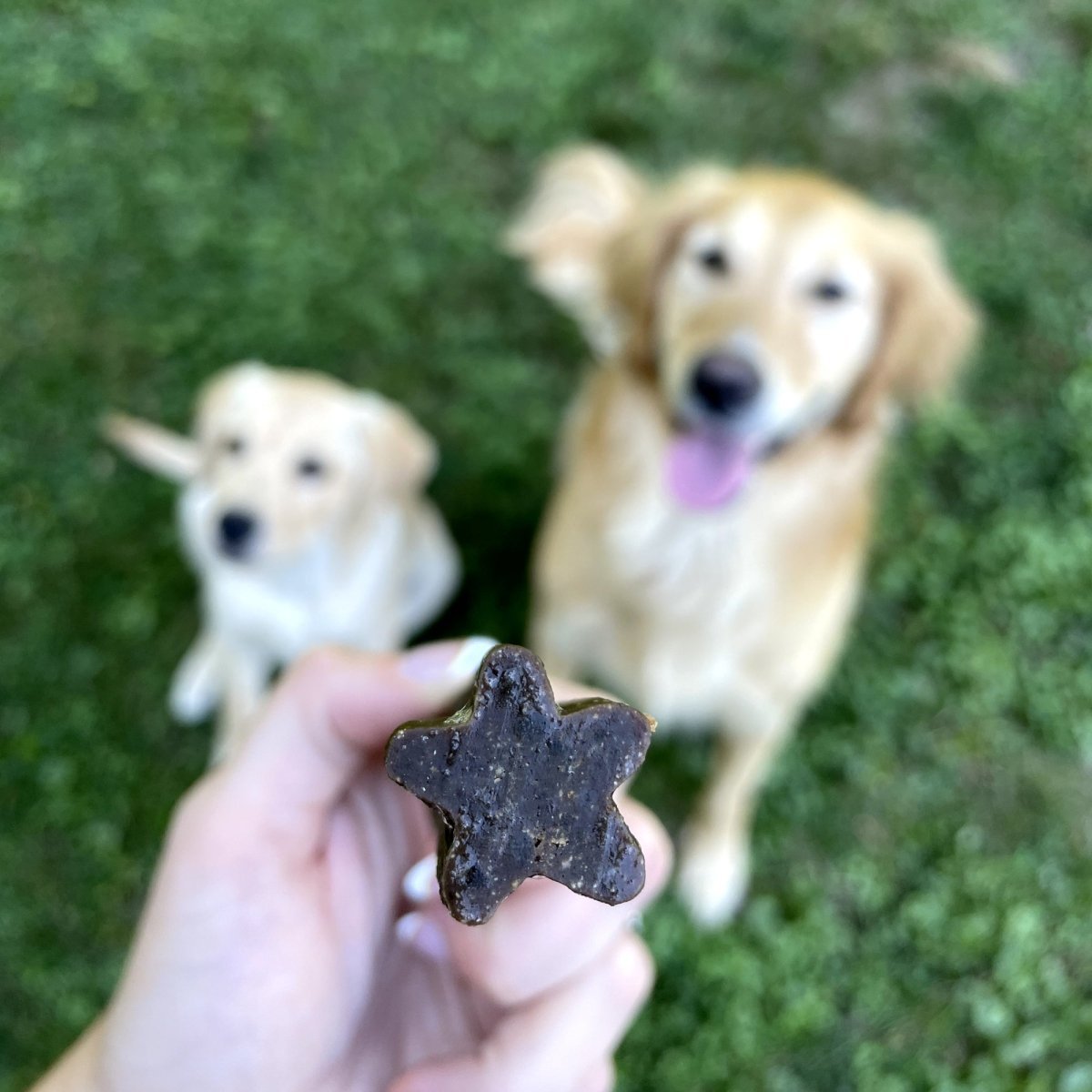
Soy and soy-based products have been well-known in the health food industry for years. Tofu is considered a clean, plant-based alternative to meat and can be found on many restaurant menus. In recent years, some dog food brands have started marketing “soy-free” dog foods. Is soy something to be avoided? Or can your dog eat it too?
Is it safe for my dog to eat soy?
Soy is generally considered safe for dogs to eat. Many dog foods actually contain soy as a main protein source. The plant-based protein is significantly cheaper than meats and eggs, so it’s ideal for dog food companies that want to provide a less expensive product for consumers. Your dog may already be consuming soy and you may not even be aware of it!
Soy products can go by many different names in the ingredients list in your dog’s food. Apart from ingredients that include the word “soy,” it can be listed as vegetable broth, textured vegetable protein, lecithin (from soybeans), TSF (textured soy flour), tofu, vegetable protein, natural flavoring, or guar gum (contains soy protein).
What are soy’s benefits and risks?
Soy can be very helpful for dogs with certain food allergies. The top five allergy-provoking ingredients for dogs are: beef, dairy, wheat, chicken, and egg. Hydrolyzed soy–soy that is broken up into very small pieces – is commonly used for the diagnosis and treatment of canine food allergies. This allows the proteins to “slip through” the dog’s digestive system without detection, providing needed protein without reaction.
However, not everyone agrees that soy is entirely safe. According to Dr. Karen Shaw Becker, soy can cause gas and bloating, kidney stones, and thyroid damage in dogs. Bloat, also known as gastric dilation-volvulus (GDV), is a serious medical and surgical emergency for dogs. The stomach fills with air and pressure builds, meaning that blood in the hind legs and abdomen can’t reach the heart.
Dog foods that are high in soy have been found to increase the risk of GDV by fourfold. In recent years, more and more consumers have been demanding soy-free and grain-free options.
The bottom line
Soy hasn’t been declared specifically “unsafe” for dogs, so don’t fret if your current dog food has soy-based products. Some dogs may react well to eating soy, but it is important to monitor your dog’s diet. If your dog seems to be sluggish or having digestion problems, consider looking for alternative ingredients or hemp-based proteins.
Consulting with your veterinarian is the best way to ensure you’re feeding your dog what’s right for them. In addition, track your dog’s diet and make note of any reactions to different ingredients. For more on what nutrients matter most in your dog’s diet, check out our complete guide.
—
Want to learn more pet health tips? Check out our blog. And for great deals on all-natural dog chews, visit our website.
Comments will be approved before showing up.

Dental chews keep plaque in check and gums strong. Read here to learn about nature's toothbrush!

Single-ingredient dog chews and treats are crafted using only one whole food source!

Check out our guide on different types of chews to help you decide on the best chew for your dog!